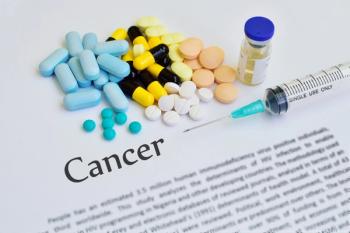
A variety of strategies can help increase patient adherence to oral chemotherapy.

Jennifer Gershman, PharmD, CPh, received her PharmD degree from Nova Southeastern University (NSU) College of Pharmacy in 2006 and completed a 2-year drug information residency. She served as a pharmacy professor at NSU's College of Pharmacy for 6 years, managed the drug information center, and conducted medication therapy management reviews. Dr. Gershman has published research on prescription drug abuse, regulatory issues, and drug information in various scholarly journals. Additionally, she received the Sheriff's Special Recognition Award for her collaboration with the Broward, Florida Sheriff's Office to prevent prescription drug abuse through a drug disposal program. She has also presented at pharmacist and physician continuing education programs on topics that include medication errors, prescription drug abuse, and legal and regulatory issues. Dr. Gershman can be followed on Twitter @jgershman2

A variety of strategies can help increase patient adherence to oral chemotherapy.

It is critical for pharmacists to inquire about the use of e-cigarette or vaping products in patients that present with certain symptoms.

Medication therapy management programs enhance communication, spur innovation.

Pharmacists can use these toolkits to answer questions and make clinical designs for medication therapy management services.
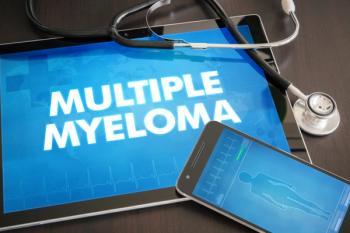
A variety of drugs from several medication classes are under investigation.

They are in a unique position to evaluate patients in their practice settings to improve health outcomes.

They can create innovative face-to-face and virtual medication therapy management practices.

Growth of telehealth means pharmacists can play an important role in patient care even when working from home.

Opportunities are continuously expanding in screening and medication therapy management services.

Monitoring for AEs, educating about drug regimens, and managing therapies are opportunities for pharmacists to make a difference.

Approximately 25% to 35% of new oncology therapies in development are oral medications.
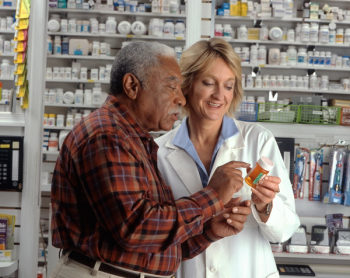
Generic substitution can lower patient drug costs and improve medication adherence.

Digital health tools improve patient outcomes while expanding career opportunities for pharmacists.

Asparaginase erwinia chrysanthemi (recombinant)-rywn) (Rylaze) is approved for use as a component of a chemotherapy regimen for the treatment of acute lymphoblastic leukemia and lymphoblastic lymphoma

Pharmacy clinical services managers administer vaccines, provide education, and serve as leaders in the profession.

Factors that may have contributed to the screening declines include site closures and temporary pausing of services.
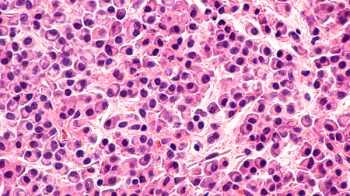
Pharmacists can educate patients about a pair of new treatment options for multiple myeloma approved by the FDA in March 2021.

Innovative treatment options and new screening guidelines are transforming diagnosis and management of the disease.

Clinicians can play an important role in counseling patients about the 5 main OTC categories of laxatives to treat this gastrointestinal condition.

Pharmacists can play a vital role in testing to improve medication outcomes in different practice settings.
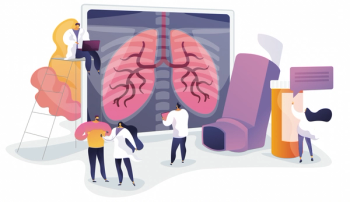
Pharmacists can play a vital role by offering inhaler counseling and helping improve adherence, especially during COVID-19.

Preliminary study results showed no safety concerns among pregnant women that received Pfizer-BioNTech and Moderna COVID-19 vaccines.

Path to helping patients with mental health issues can include residency and board certification.

One recent study found COVID-19 antibodies in all 20 pregnant women and their newborns.

Evidence demonstrates that overweight and obesity are risk factors for severe COVID-19.

Pipeline drugs, expanding pharmacist roles, and a focus on COVID-19 vaccination are trends to watch for in 2021.

Pharmacists can play an important role in educating the public about the safety of the Pfizer and Moderna COVID-19 vaccines.

Opioid overdoses are increasing, and pharmacists can play an integral role in prevention.

Pfizer’s and Moderna’s receive Emergency Use Authorization in the United States from the FDA.

Pharmacists can play an integral role in educating patients with breast cancer to improve health outcomes.